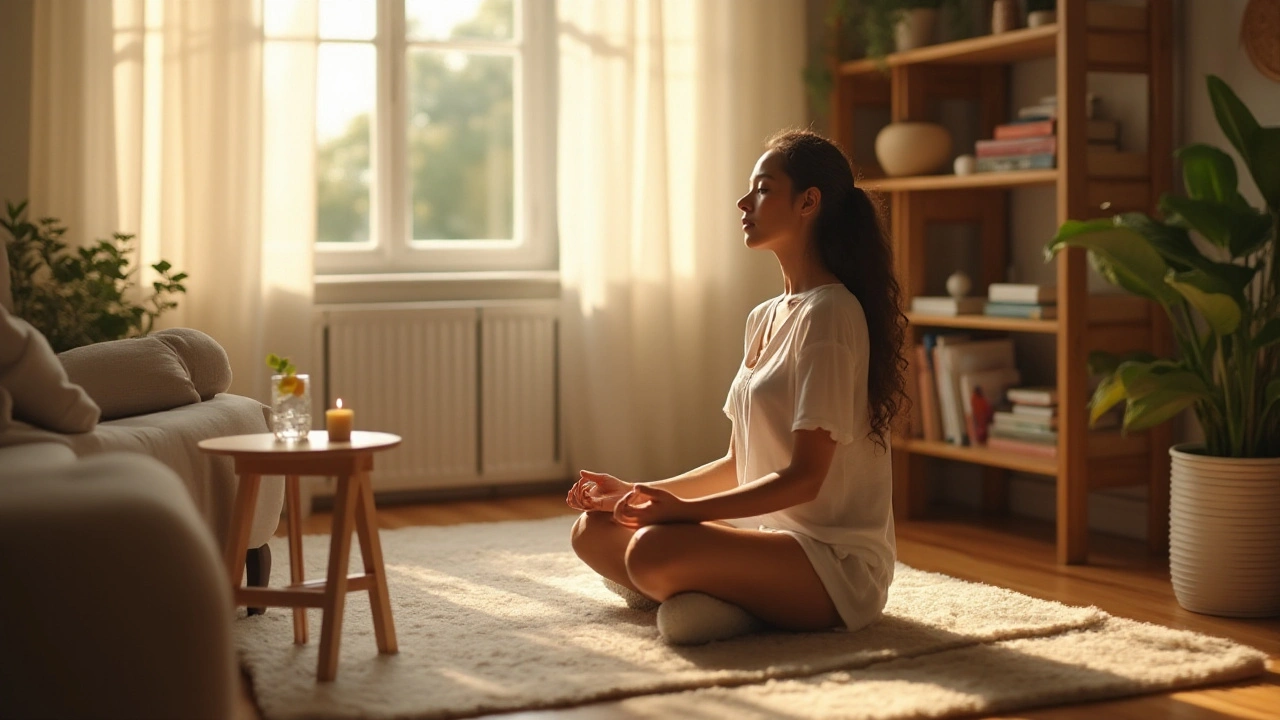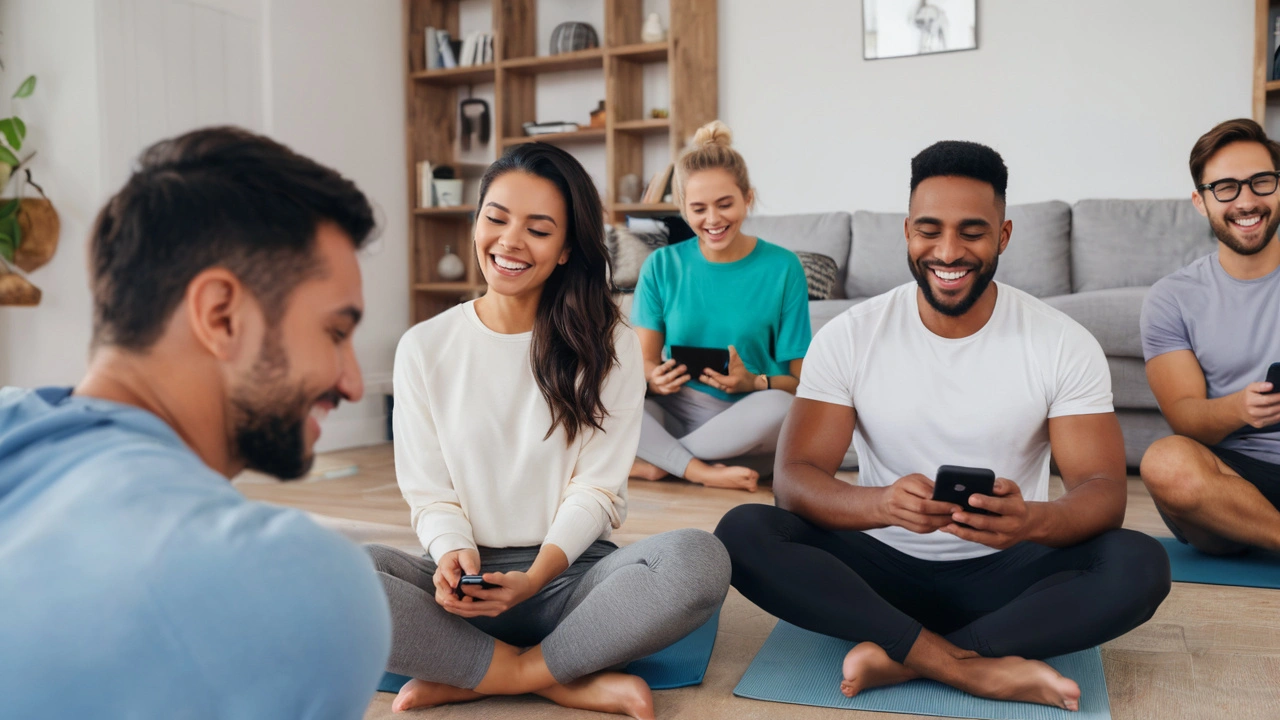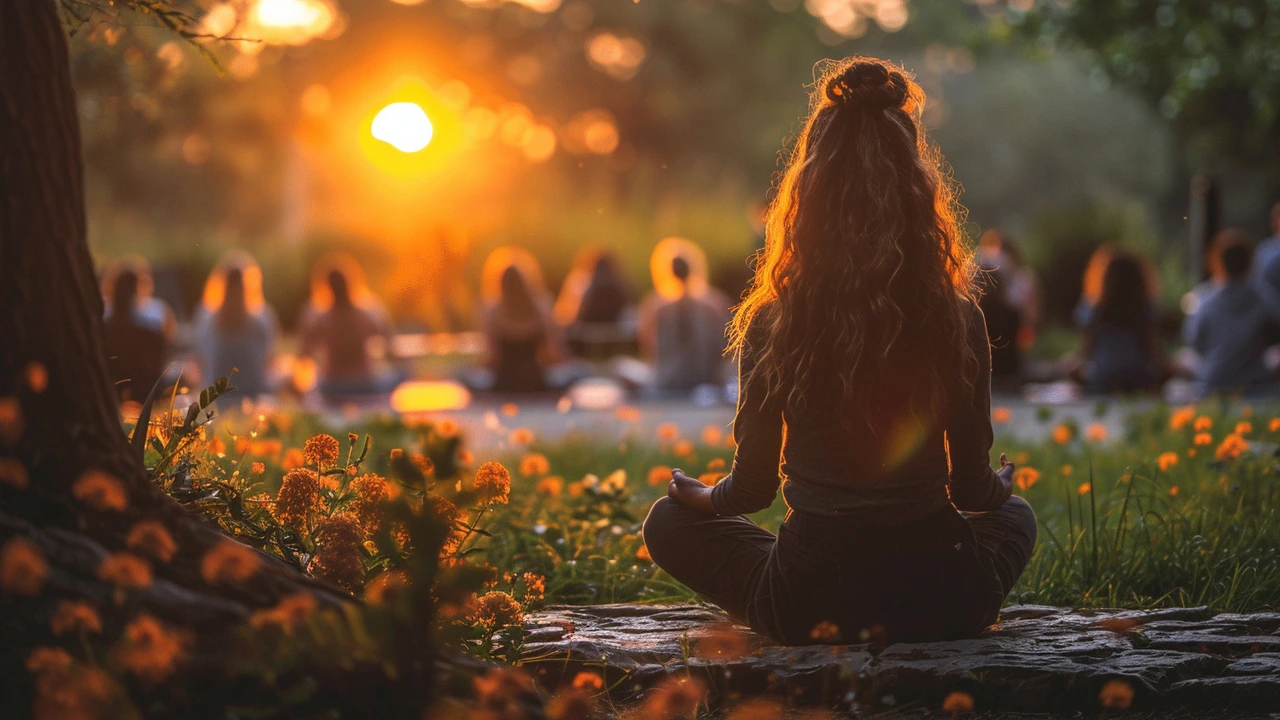Mental Wellness: Simple, Practical Steps to Feel Better Today
Feeling drained, distracted, or just off lately? Mental wellness isn’t a luxury — it’s daily work you can actually fit into a busy life. You don’t need long rituals or perfect conditions. Small habits, repeated, change how you feel and how you handle stress.
Start by treating your mind like a muscle. Practice brief exercises that build resilience: a two-minute breathing break, a five-minute walk outside, or a quick body scan before bed. These tiny moves add up faster than you expect and keep your day from tipping into overwhelm.
Quick daily habits
Try a simple breathing pattern: inhale 4 seconds, hold 4, exhale 6. Do that for three cycles when tension spikes. It lowers your heart rate and clears your head in under two minutes.
Use the 3-3-3 grounding trick if anxiety hits: name three things you see, three you can touch, and three sounds you hear. It pulls attention back to now without needing deep meditation.
Sleep is a mental health cheat code. Keep a regular bedtime, dim screens 30 minutes before bed, and avoid big meals late. Even one extra hour of quality sleep helps mood, focus, and stress resilience.
Move in small doses. Short bursts of activity boost brain chemicals that lift mood. A ten-minute walk, a few stretches, or light strength moves between tasks work better than waiting for a full hour workout.
Connect with someone daily. A quick check-in with a friend or family member resets perspective and reminds you you’re not handling things alone. Social time doesn’t need to be long—consistency matters more than duration.
Tools that actually help
Mindfulness and short meditations improve focus and lower reactivity. If sitting still feels impossible, try guided sessions under five minutes. You’ll notice calmer responses to stress within a week.
Biofeedback is worth trying if you want tech that teaches calm. It shows real-time body signals so you learn what relaxation feels like. Many people report faster progress than using only willpower.
Aromatherapy can help in small, practical ways: a drop of lavender on a pillow for sleep or peppermint for a quick alertness boost. Use diluted oils and test what works for you.
Creative activities—drawing, journaling, or simple crafts—reduce tension and clarify thoughts. You don’t need talent. The act of making is the point.
Know when to reach out. If low mood, racing thoughts, or worry interfere with work, sleep, or relationships for more than two weeks, talk to a professional. A counselor, coach, or your doctor can help you sort options fast.
Pick two habits you can stick with this week. Keep them tiny, track them, and celebrate small wins. Mental wellness grows from repeated, doable actions—not perfect days. Start small and build from there.

Stress Reduction Techniques: Why Managing Stress Matters for Your Health
Explore why stress reduction should top your wellness to-do list. Get practical strategies, facts, and real-world tips that make a difference in daily life.
Read More
Harnessing Biofeedback and Mindfulness for Mental Wellness
Explore the fascinating synergy between biofeedback and mindfulness in enhancing mental wellness. This article delves into how these two practices work together to alleviate stress, improve emotional regulation, and promote overall well-being. Discover techniques, interesting insights, and practical tips that empower you to integrate these approaches into your daily routine. Understand the science behind biofeedback and how mindfulness complements it. Become inspired to take charge of your mental health with these effective methods.
Read More
The Importance of Seeking Help for Mental Health
In this article, we'll explore why seeking help for mental health is crucial. We will discuss the signs that indicate one might need support, the benefits of professional help, and some tips for reaching out. The aim is to encourage those struggling to take the first step towards better mental well-being.
Read More
Effective Relaxation Techniques for Stress Relief
Explore ways to achieve a calmer life through different relaxation techniques. From breathing exercises to mindfulness, discover practical tips to handle everyday stress. Find out how to incorporate these methods into your routine and experience long-term benefits. Uncover interesting facts and useful tips for lasting mental wellness.
Read More
The Impact of Social Media on Our Mental Well-being
In today's digital age, social media profoundly influences mental health, affecting both positively and negatively. This article delves into various aspects of social media use, discusses its impact on mental well-being, and offers practical tips for maintaining mental health while staying connected online.
Read More
Effective Relaxation Techniques for Millennials in the Modern World
Discover practical and relatable relaxation techniques tailored for millennials juggling work, social and personal life. This guide covers various straightforward methods that can be easily integrated into the daily routine. Embrace these approaches to enhance mental wellness and find calm amid a fast-paced world.
Read More